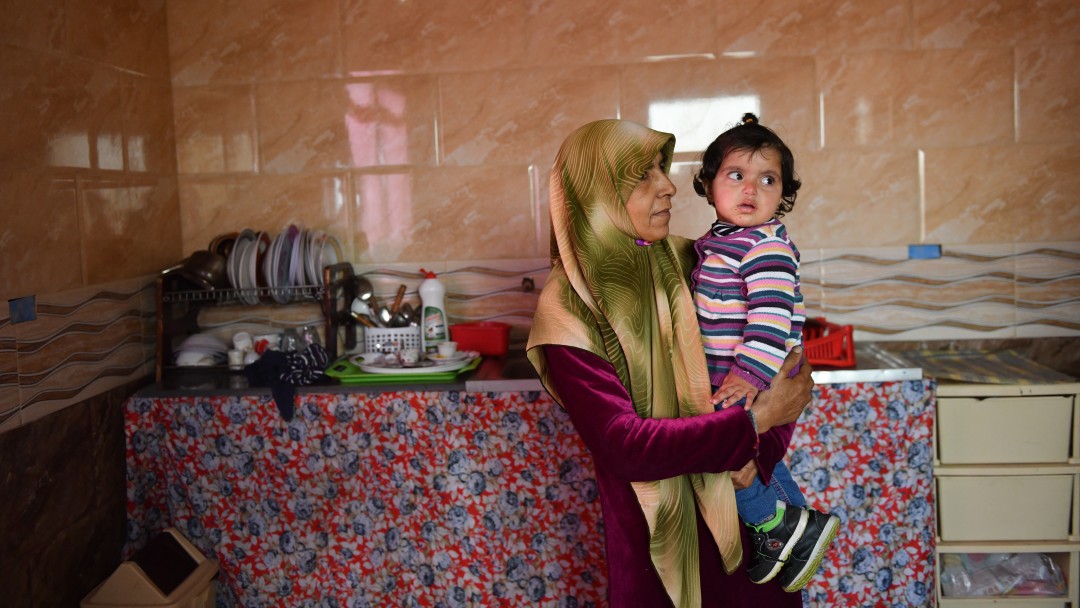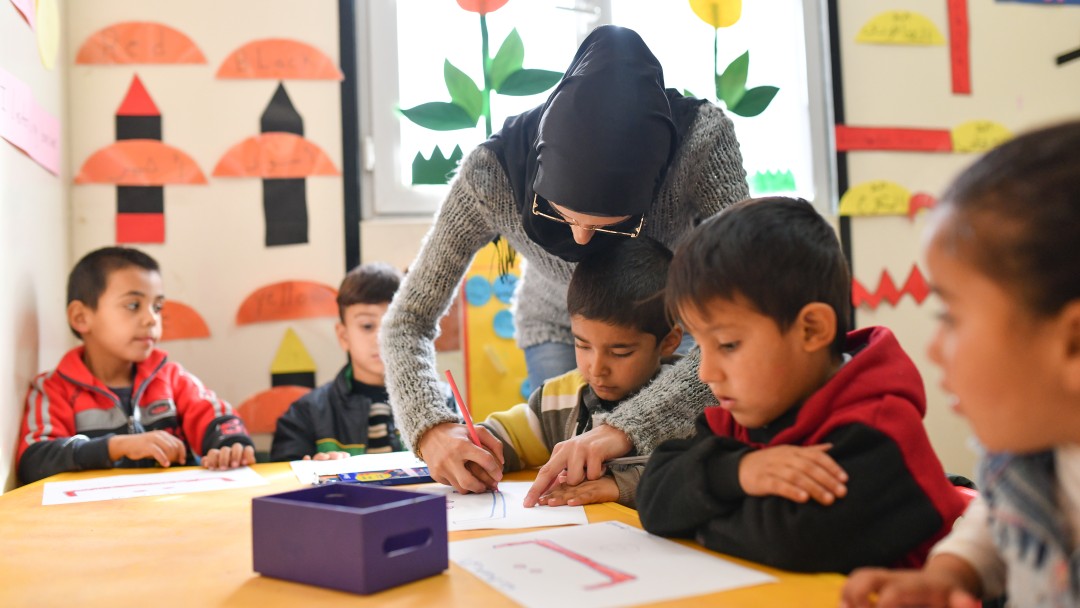Tip: Activate javascript to be able to use all functions of our website

High living costs, a dilapidated infrastructure, a predominantly private health and education system and high unemployment were already affecting Lebanese before the start of the Syrian crisis in 2011, the pandemic and the devastating explosion in the port of Beirut. Extreme poverty tripled from 2019 to 2020, rising to 36%. The refugee situation - Lebanon is the country with the highest percentage of refugees in the world - is increasing pressure on public services and the labour market. The cost of living has risen drastically, 90% of households live in extreme poverty, almost 60% of families live in overcrowded accommodation below humanitarian standards and / or in accommodation that is in danger of collapsing. Those affected beg, get into debt, make their children work or marry off their young girls to support them. And: the "competition" for housing and jobs leads to social tensions that the Lebanese government has so far been unable to counter.
In cooperation with the Norwegian Refugee Council (NRC), the "TAHIL Facility for Stabilisation and Development" was established: The facility funds measures in the areas of housing (EUR 40 million) and education (EUR 20 million).
For the housing project approach, this means that adequate housing is provided on the basis of transparent and secure tenancy agreements. Both the refugees and the Lebanese owners receive legal protection and legal advice on rental and civil law issues. In communities with a high proportion of refugees, infrastructure (water, sewage, waste) is rehabilitated.

Due to the flight and the pandemic, many children and young people have not been to school for years. Courses are offered tailored to different age groups: Pre-school classes to prepare 5-6 years olds for school enrolment, courses to promote basic skills in writing and arithmetic for 6-14 years olds, and secondary school support and basic vocational skills for older students (15-24 years). In addition, there is the rehabilitation of school buildings and, for example, the equipping of the buildings with solar systems.
In total, almost 11,000 housing units are rehabilitated for about 40,000 people. 175,000 people receive legal advice on tenancy and civil law issues. 20,000 children and young people benefit from the rehabilitation of school buildings.
Share page
To share the content of this page with your network, click on one of the icons below.
Note on data protection: When you share content, your personal data is transferred to the selected network.
Data protection
Alternatively, you can also copy the short link: https://www.kfw-entwicklungsbank.de/s/enzBY0QK
Copy link Link copied